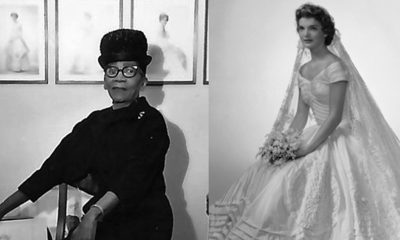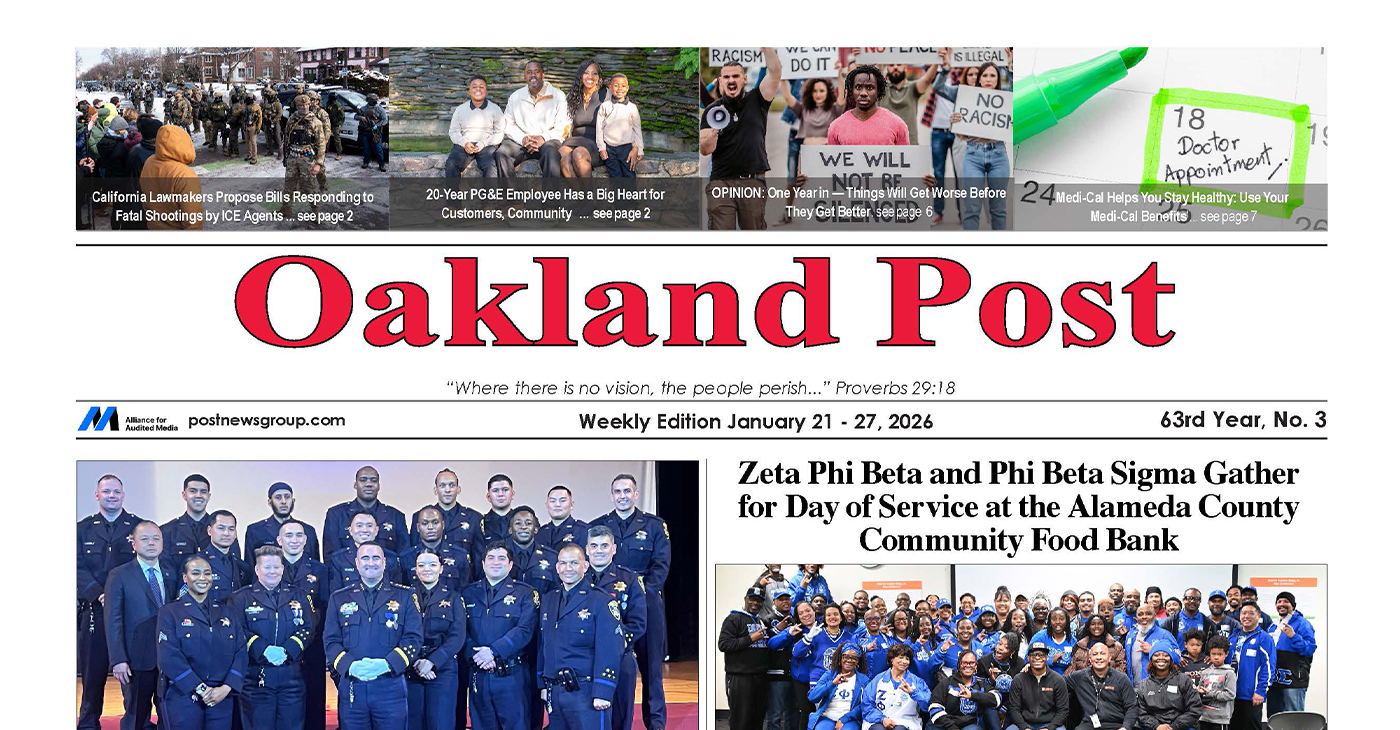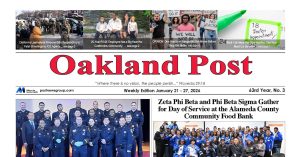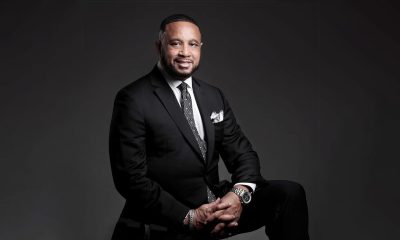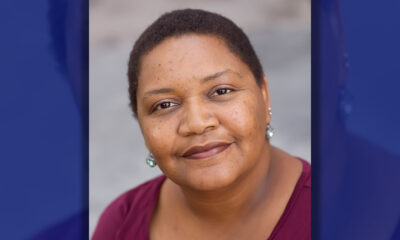By Tamara Shiloh
George Alcorn was a trailblazing physicist and engineer whose groundbreaking inventions transformed aerospace technology and imaging devices. Best known for his creation of the X-ray imaging spectrometer, Alcorn’s work at NASA Goddard Space Flight Center (GSFC) not only advanced space exploration but also reshaped the scientific community’s understanding of deep space phenomena.
Born in Indianapolis in 1940, Alcorn’s scientific curiosity was sparked early on by his father, an automobile mechanic. “I was a very fortunate boy, in that my hero was my daddy,” George once shared with the National Inventors Hall of Fame®. “I thought that what my father was doing was science.” Together, the pair spent hours tinkering with car engines, setting the stage for Alcorn’s future in STEM.
That foundation propelled him through an impressive academic journey. After earning a bachelor’s degree in physics from Occidental College in 1962, he pursued graduate studies at Howard University, where he received a master’s degree in 1963 and a doctorate in atomic and molecular physics in 1967.
Alcorn began his career in private industry, working at IBM on high-performance semiconductor devices. In 1978, he joined NASA GSFC, where his contributions revolutionized imaging technology and space exploration.
In 1982, he invented the X-ray imaging spectrometer, a device that allowed scientists to more accurately detect and analyze elemental and chemical components. The innovation earned him the title of 1984 NASA GSFC Inventor of the Year. This spectrometer has since been used in planetary mapping, star charting, and deep space exploration, and its descendants continue to shape modern imaging technologies.
Beyond his spectrometer, Alcorn contributed to the development of the Freedom Space Station in collaboration with international agencies and invented the Airborne LIDAR Topographic Mapping System (ALTMS). ALTMS uses light to analyze Earth’s surface and has become integral to data collection for environmental studies and drone technology.
Alongside his technical achievements, Alcorn was a passionate educator. He taught physics and engineering at Howard University and mentored underrepresented doctoral candidates at the University of the District of Columbia. Recognizing the importance of engaging students early, he co-founded the Saturday Academy, a weekend program aimed at inspiring inner-city middle schoolers in Washington, D.C., to develop an interest in math and science.
“I believe it’s so important to start learning and enjoying learning as young as possible,” Alcorn said. “It gives children even more of an advantage.”
Alcorn’s contributions earned him numerous accolades, including the prestigious Robert H. Goddard Award of Merit from NASA GSFC in 2010 and the Alumni Seal Award for Professional Achievement from Occidental College in 2012.
Reflecting on his work, Alcorn remarked, “If you have a good, interesting project, work is not coming to work – it’s coming to an adventure.”
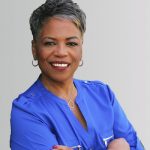
Tamara Shiloh
Tamara Shiloh has published the first two books in her historical fiction chapter book series,
Just Imagine…What If There Were No Black People in the World is about African American inventors, scientists and other notable Black people in history. The two books are
Jaxon’s Magical Adventure with Black Inventors and Scientists and
Jaxon and Kevin’s Black History Trip Downtown. Tamara Shiloh has also written a book a picture book for Scholastic,
Cameron Teaches Black History, that will be available in June, 2022.
Tamara Shiloh’s other writing experiences include: writing the Black History column for the Post Newspaper in the Bay area, Creator and Instruction of the black History Class for Educators a professional development class for teachers and her non-profit offers a free Black History literacy/STEM/Podcast class for kids 3d – 8th grade which also includes the Let’s Go Learn Reading and Essence and tutorial program. She is also the owner of the Multicultural Bookstore and Gifts, in Richmond, California,
Previously in her early life she was the /Editor-in-Chief of
Desert Diamonds Magazine, highlighting the accomplishments of minority women in Nevada; assisting with the creation, design and writing of a Los Angeles-based, herbal magazine entitled
Herbal Essence; editorial contribution to
Homes of Color; Editor-in-Chief of
Black Insight Magazine, the first digital, interactive magazine for African Americans; profile creations for sports figures on the now defunct PublicFigure.com; newsletters for various businesses and organizations; and her own Las Vegas community newsletter,
Tween Time News, a monthly publication highlighting music entertainment in the various venues of Las Vegas.
She is a member of:
- Society of Children’s Book Writers and Illustrators (SCBWI)
- Richmond Chamber of Commerce
- Point Richmond Business Association
- National Association of Professional Women (NAPW)
- Independent Book Publishers Association (IPBA)
- California Writers Club-Berkeley & Marin
- Richmond CA Kiwanis
- Richmond CA Rotary
- Bay Area Girls Club
Tamara Shiloh, a native of Northern California, has two adult children, one grandson and four great-grand sons. She resides in Point Richmond, CA with her husband, Ernest.
www.multiculturalbookstore.com




